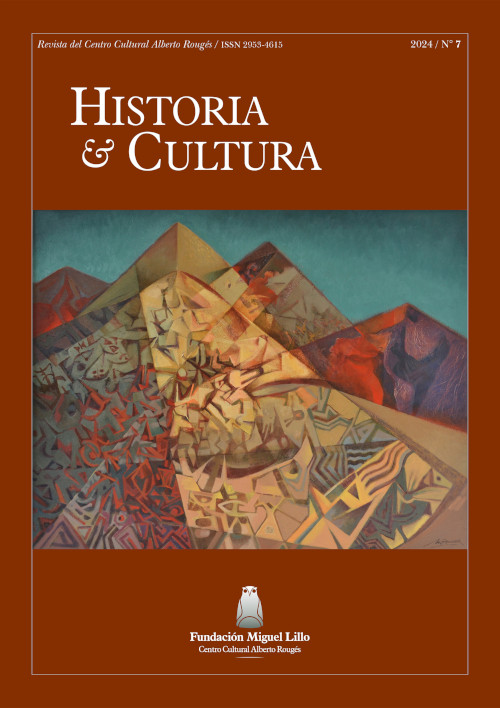Caudillos go to the movies
Keywords:
Cinema, caudillos, barbarity, revisionismAbstract
Robert Rosenstone believes that cinema conveys a different meaning of the past than that proposed by academic texts. Films speak of the past and produce a historical discourse. In this way, we can study the meaning of the past through cinema. If we follow
Rosenstone’s hypothesis, cinema is not only an audiovisual narrative but historical fiction produces reflections on the meaning of the past. This article analyzes two films about Argentine caudillos. Facundo, the Shadow of the Tiger (1995) and Rosas (1971)
were produced in the last third of the 20th century and deal with the life trajectories of two Argentine caudillos (Facundo Quiroga and Juan Manuel de Rosas) and from there discuss the images of the caudillo and, above all, the liberal mode of interpretation of
historical processes. The purpose of our article is to analyze how cinema reformulates the idea we have of the Quiroga / Rosas caudillos and challenges the liberal interpretation of the historical processes linked to these figures. In opposition to Sarmiento and
Mitre, the directors Ncolás Sarquís and Manuel Antín propose an idea of barbarism that exalts the caudillos and gives them a mythical and patriotic form. Barbarism is not entirely negative, but is associated with the defense of national values.
Downloads
Downloads
Published
How to Cite
Issue
Section
License

This work is licensed under a Creative Commons Attribution-NonCommercial-NoDerivatives 4.0 International License.





